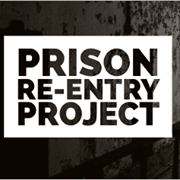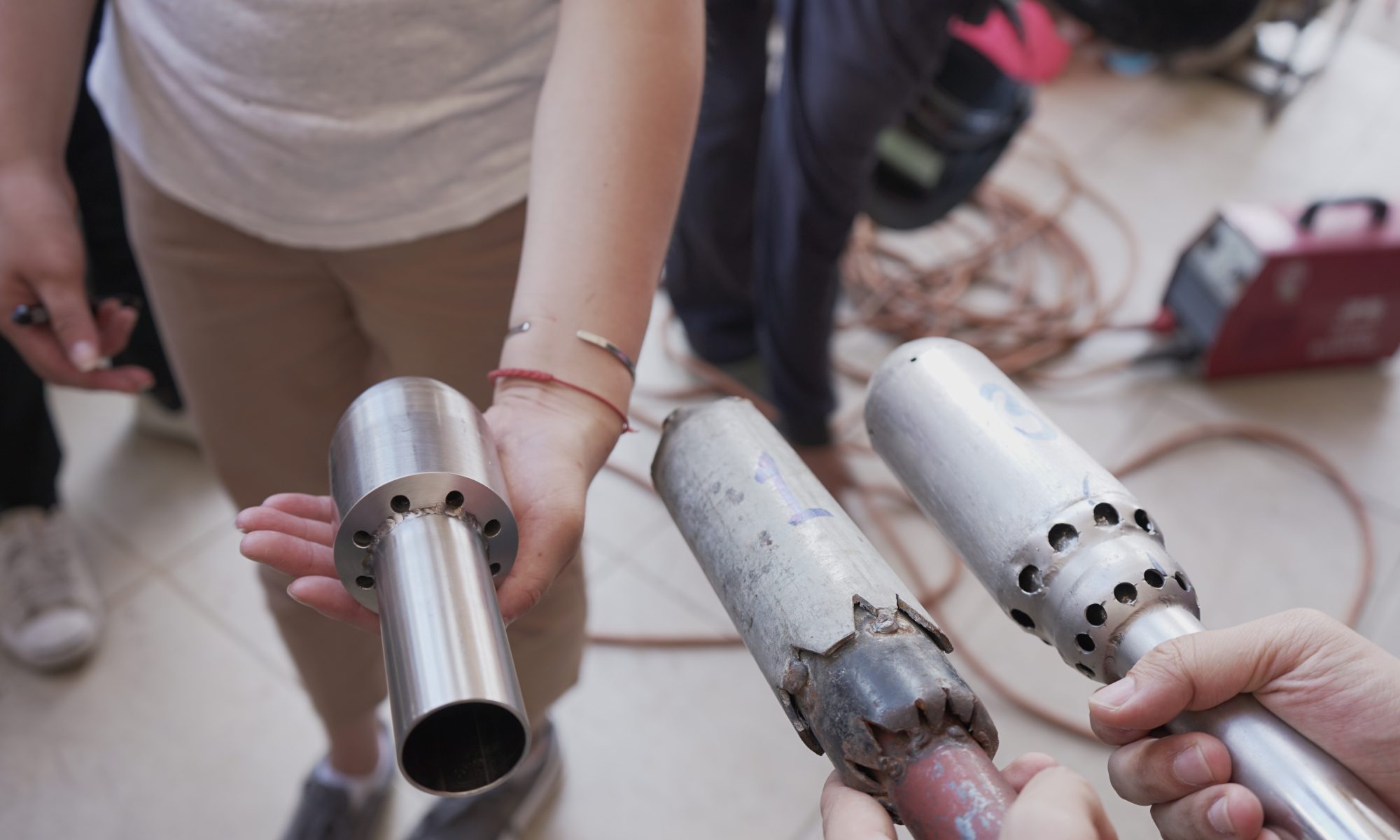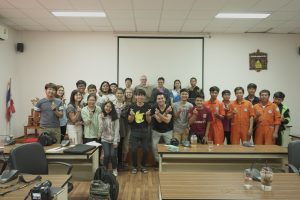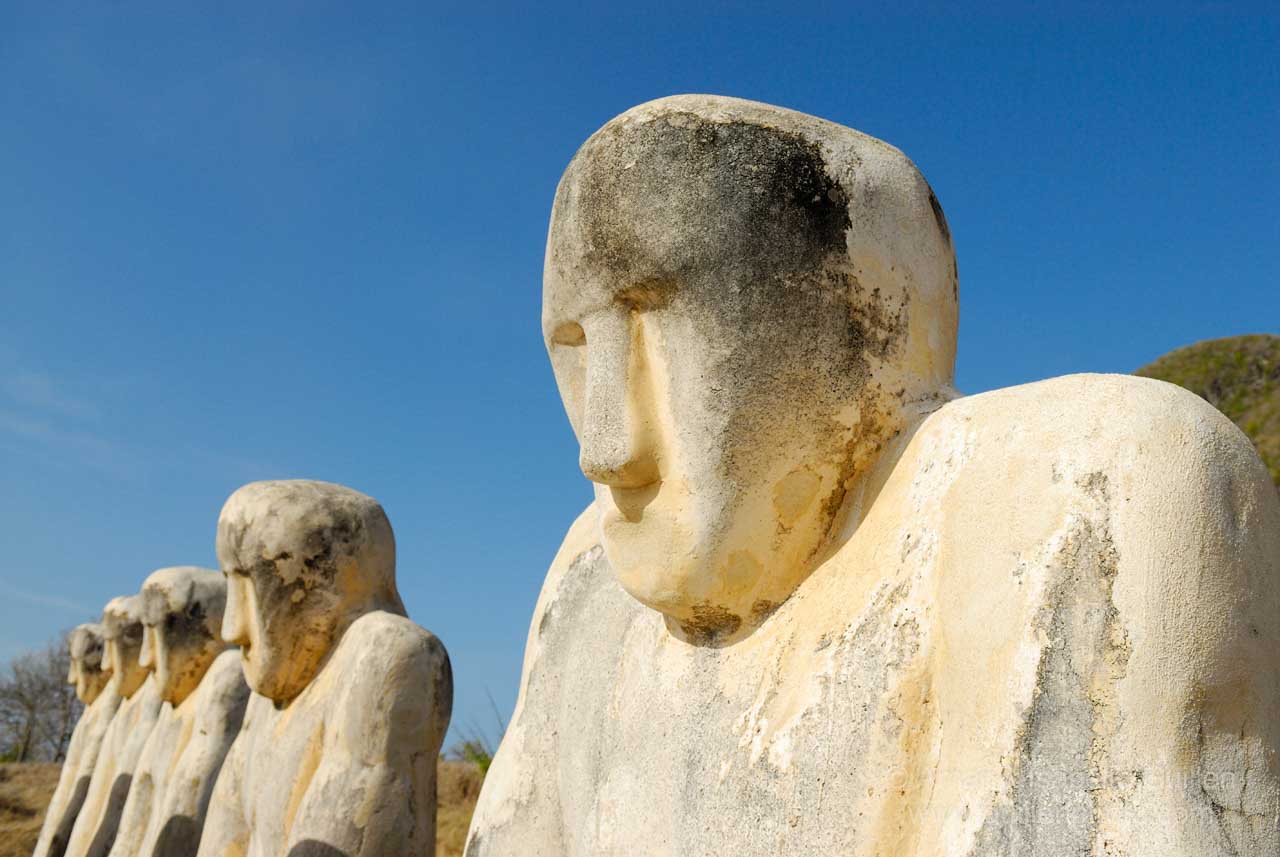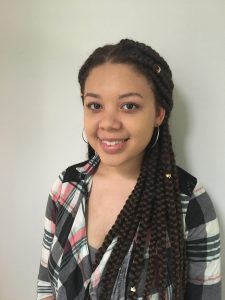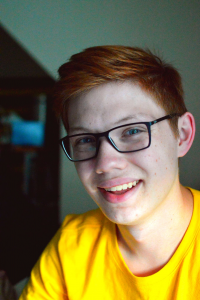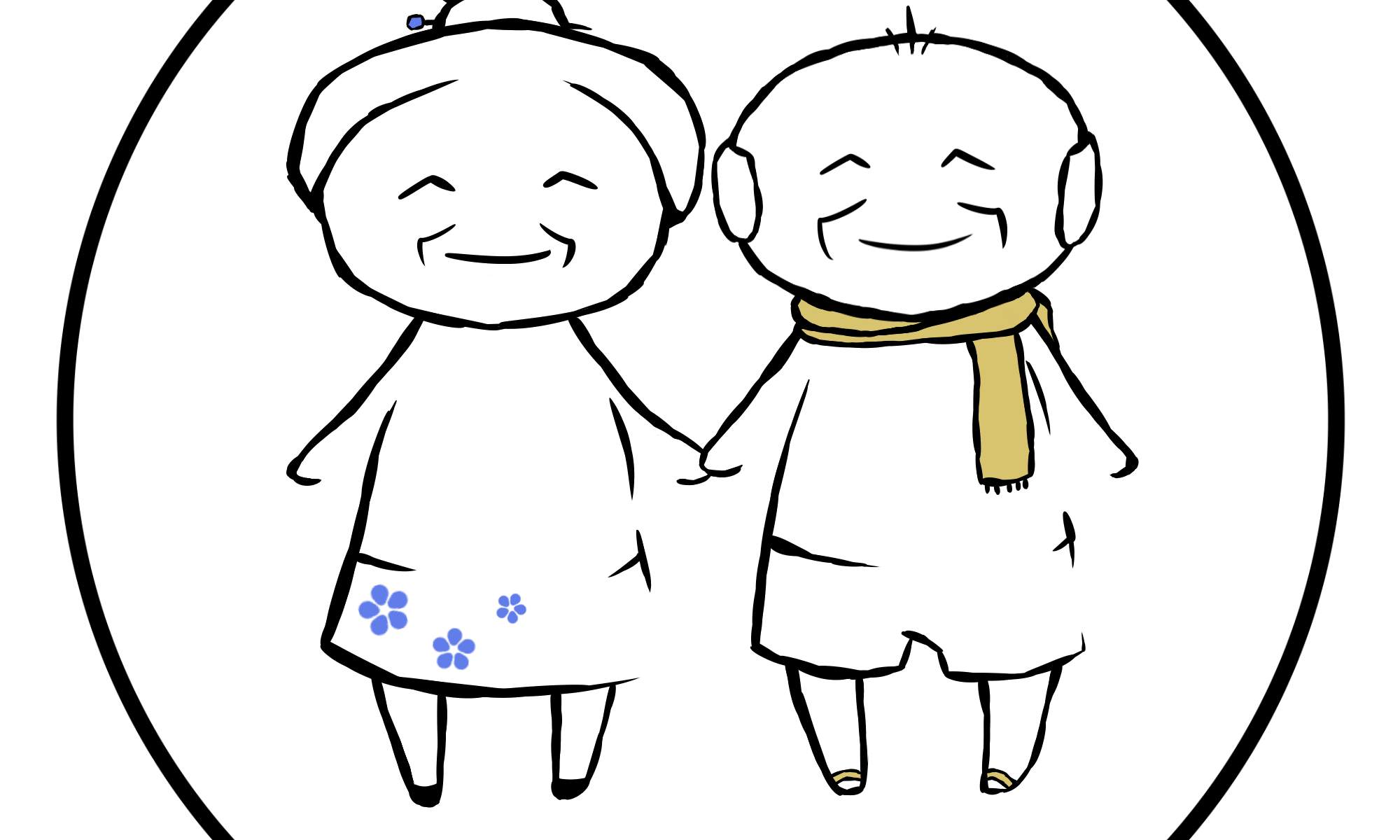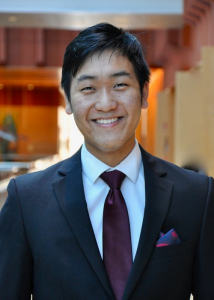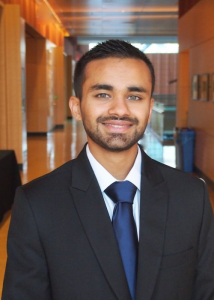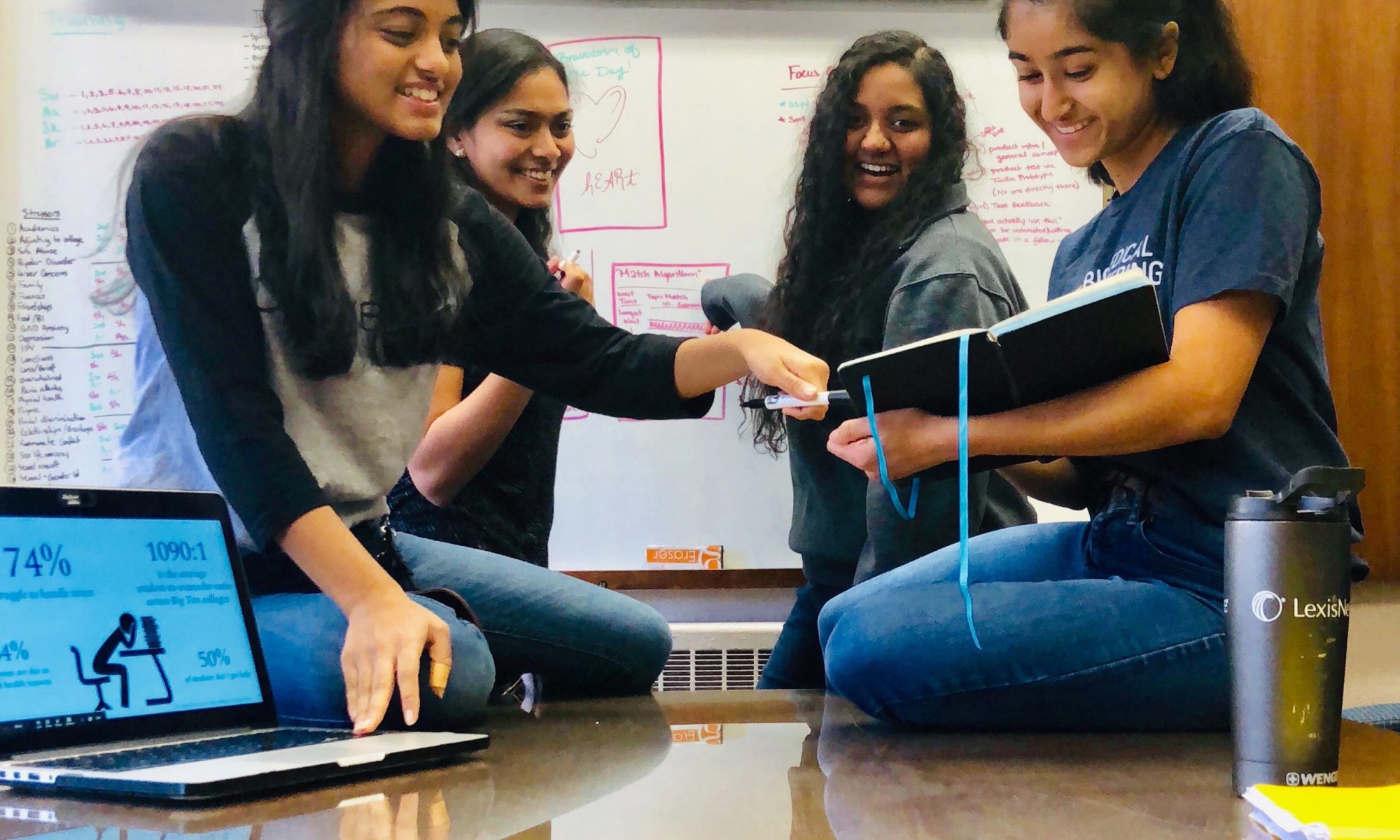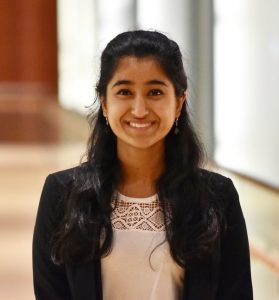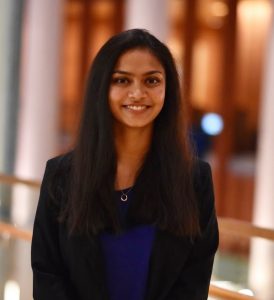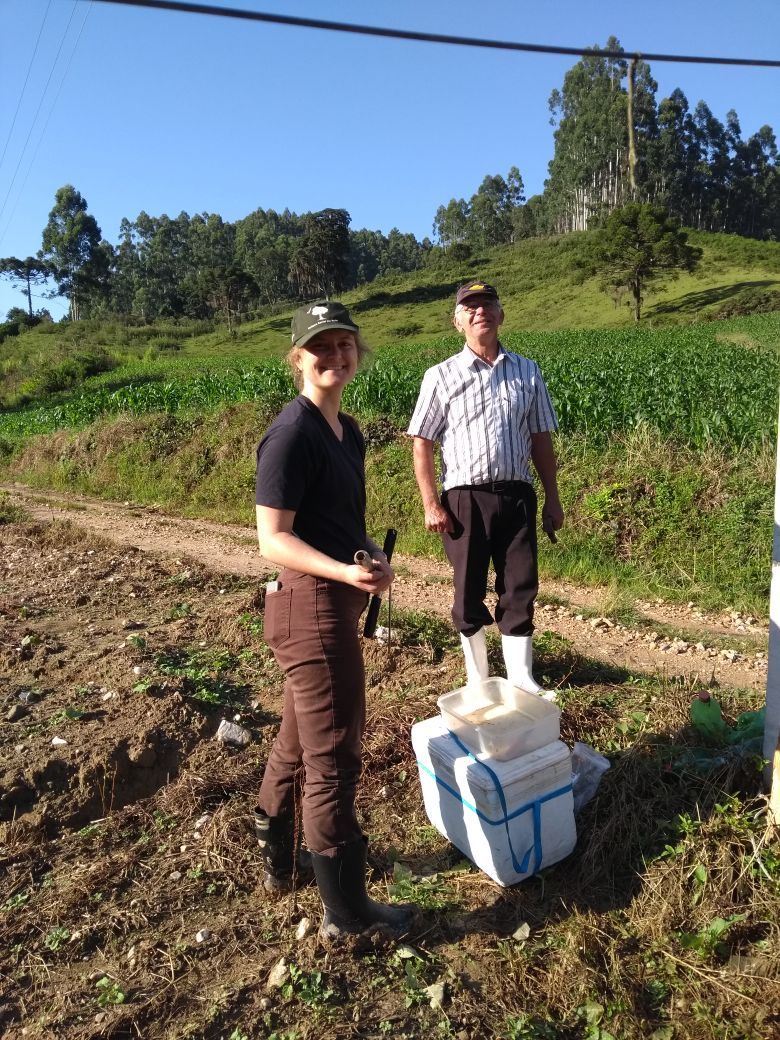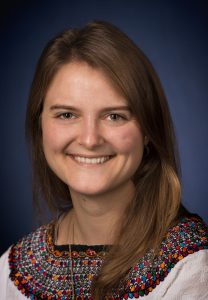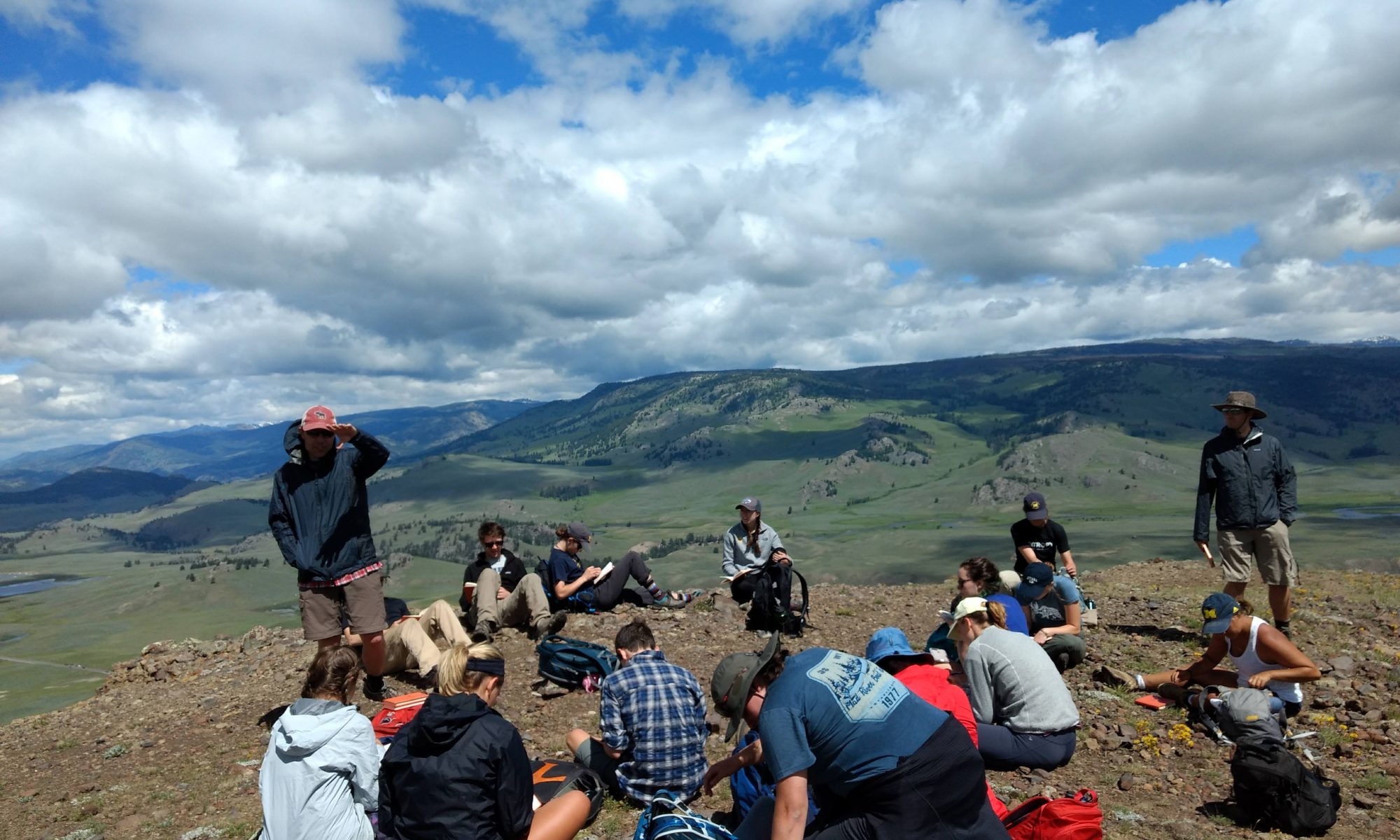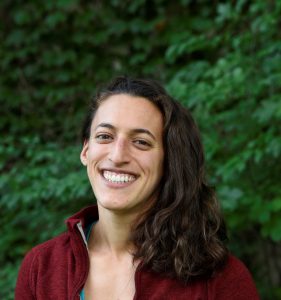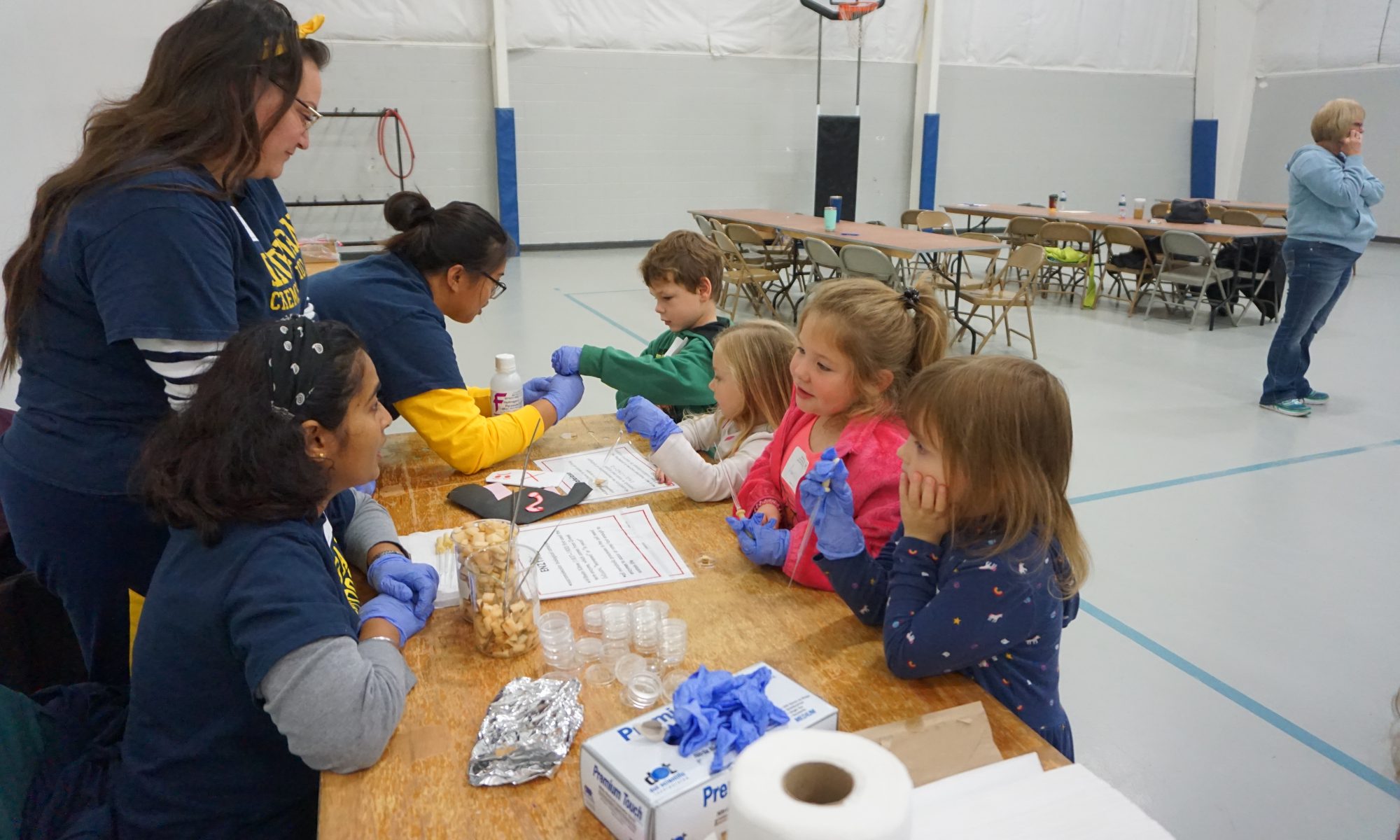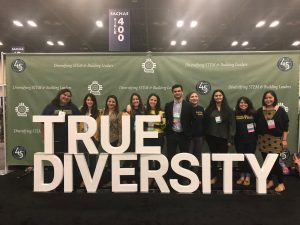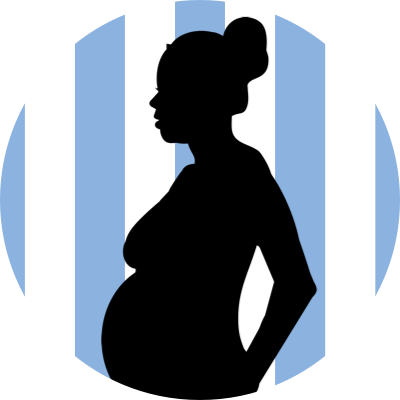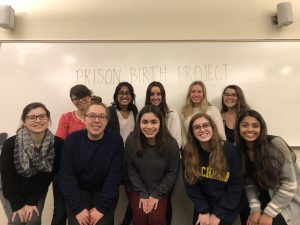Riyah Basha
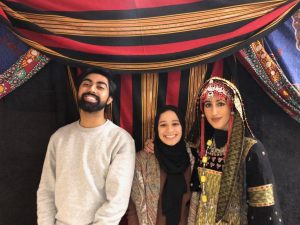
Riyah Basha with partners Omar Ilyas (left) and Azhar Aboubaker (right)
BA ’19
The Prison Re-Entry project is a new student organization at the University of Michigan dedicated to lifting barriers to re-entry and bringing the campus community more proximate to issues of criminal injustice. Our central programming element is a series of digital literacy workshops tailored to returning citizens, which represents an effort to deliver the University’s social, human, and physical capital to a locally underserved population. Through a partnership with a research team in the School of Information, our team of undergraduates is developing a series of digital literacy workshops catering to returning citizens in Detroit and Ann Arbor. The curriculum is open source, and covers areas from basic computer skills to Internet navigation to scouting job opportunities via sites like LinkedIn. By recruiting students as facilitators, we believe the workshops can be sites of reciprocal, proximate, and sustainable relationships between campus community members and returning citizens.
Library Mentor: Naomi Binnie

